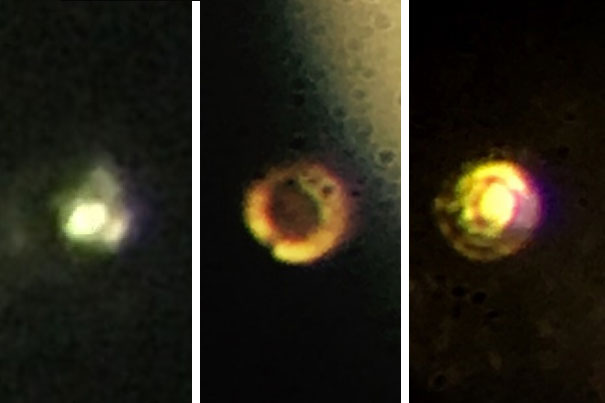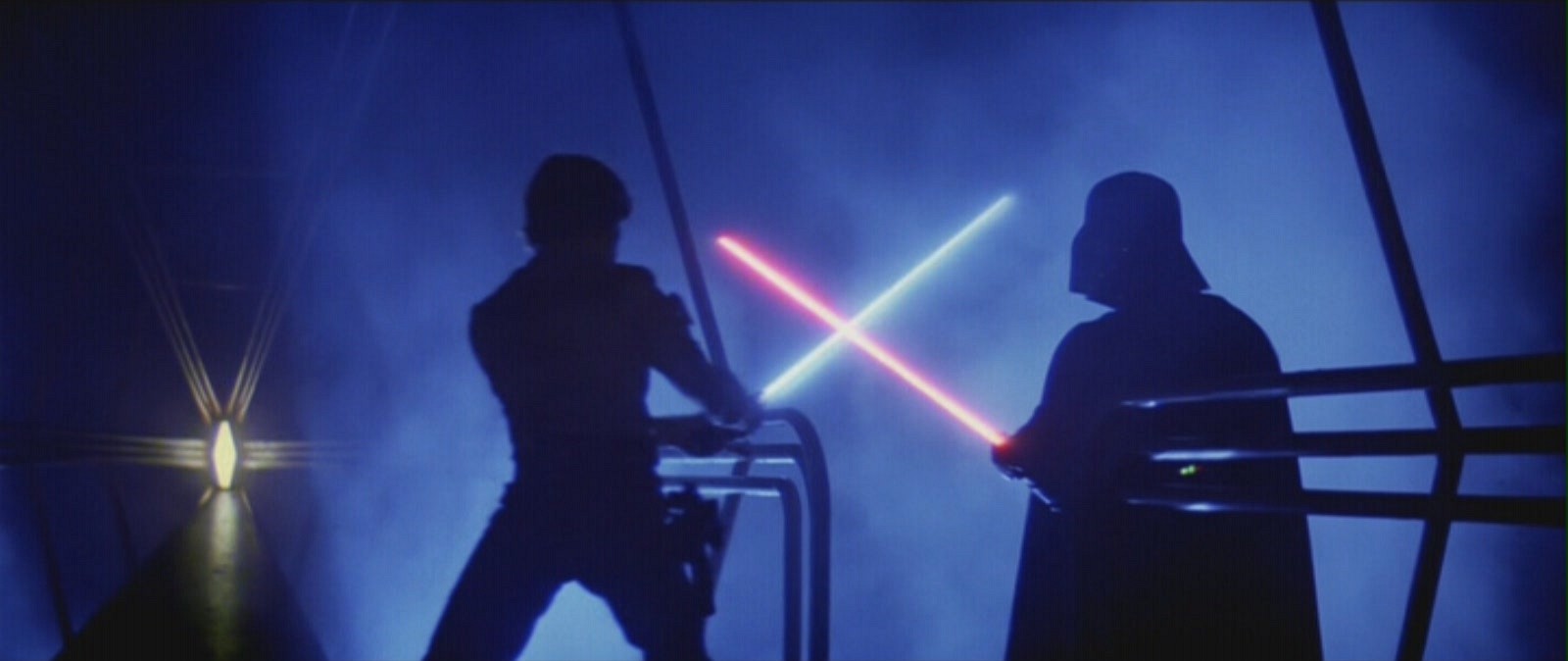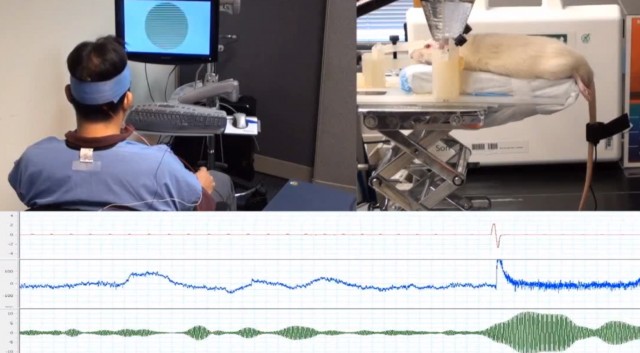
Scientists Turn Hydrogen Into Metal - A Breakthrough 80 Years In The Making
Scientists at Harvard University have successfully turned hydrogen, the lightest of all elements, into metal - achieving a near-100-year-old dream and theoretically enabling a revolution in technological capability.

NASA's Kepler Telescope Discovers The Most 'Earth-Like' Planets Ever
Astronomers announced that they have found eight new exoplanets using NASA's Kepler Telescope, two of which are more Earth-like than anything they've ever seen.

Scientists May Have Created A Light Saber. New Form of Light Binding Discovered
Star Wars is no longer science fiction. Harvard and MIT professors have discovered a new process to bind light together to create a new state of matter, which looks an awful lot like a Light Saber.

Researchers Create Brain-To-Brain interface. Control Animals With Thought
Harvard University researchers have created the world's first non-invasive brain-to-brain interface between a human and a rat. Simply put, you can control the rat with thoughts, making for a both fascinating-yet-terrifying discovery (hello Nineteen-Eighty Four). This is a critical step towards technology allowing for telepathic links between human beings.

Harvard Creates Tiny Robot Spiders That Move Faster Than A Cheetah On Crack
Harvard is developing a series of super-fast robot spiders. Created by PhD candidate Andrew Baish these micro-bots, known as the Harvard Abulatory MicroRobot (HAMR), are the size of a penny and can travel faster than a Cheetah.
Scientists Create Microchips That Imitate Human Organs

Harvard scientists have created a microchips that can mimic the function of a human lung well enough to test new experimental, life-saving drugs. This has the potential of removing the harrowing risk of drug trials on humans and animals.
Study shows how to get Facebook friends. Questions power of influence

Researchers at Harvard have been analysing the reasons people are friending each other on social networks, presenting that those who share common interests in music and movies are most likely to be-friend each other. Similar book tastes, however, do not influence this decision whatsoever.
The study analysed and collected data from a group of college students (who self-reported for the experiment) over a course of four years.

